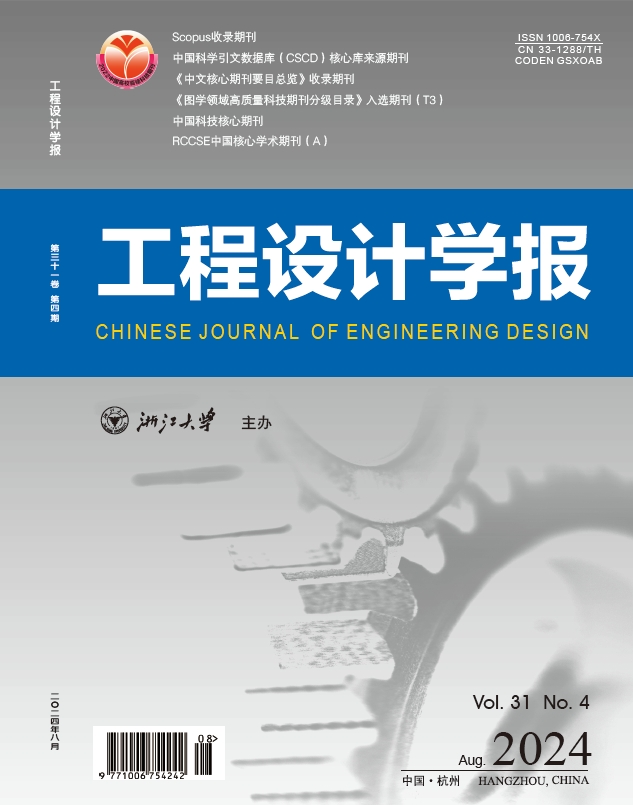车辆网络中的联合切换算法研究
IF 4.5
Q4 Engineering
引用次数: 3
摘要
随着通信业务从第四代(4G)向第五代(5G)演进,我们将面临来自新网络系统的各种挑战。一方面,无缝切换有望整合各种网络机制之间的通用接入。另一方面,各种5G技术将相互补充,提供无处不在的高速无线连接。针对当前无线网络无法灵活支持WAVE、WiMAX和LTE之间的切换,提出了一种先进的切换算法来解决这一问题。首先对接收到的信号强度进行分类,优化不同信道条件下的车速和数据速率;然后,选择最优网络进行切换。仿真结果表明,该算法能很好地适应高速环境,保证车辆灵活合理地接入各种网络,有效防止乒乓切换和链路接入故障。本文章由计算机程序翻译,如有差异,请以英文原文为准。
Research on Joint Handoff Algorithm in Vehicles Networks
With the communication services evolution from the fourth generation (4G) to the fifth generation (5G), we are going to face diverse challenges from the new network systems. On the one hand, seamless handoff is expected to integrate universal access among various network mechanisms. On the other hand, a variety of 5G technologies will complement each other to provide ubiquitous high speed wireless connectivity. Because the current wireless network cannot support the handoff among Wireless Access for Vehicular Environment (WAVE), WiMAX, and LTE flexibly, the paper provides an advanced handoff algorithm to solve this problem. Firstly, the received signal strength is classified, and the vehicle speed and data rate under different channel conditions are optimized. Then, the optimal network is selected for handoff. Simulation results show that the proposed algorithm can well adapt to high speed environment, guarantee flexible and reasonable vehicles access to a variety of networks, and prevent ping-pong handoff and link access failure effectively.
求助全文
通过发布文献求助,成功后即可免费获取论文全文。
去求助
来源期刊

工程设计学报
Engineering-Engineering (miscellaneous)
CiteScore
0.60
自引率
0.00%
发文量
2447
审稿时长
14 weeks
期刊介绍:
Chinese Journal of Engineering Design is a reputable journal published by Zhejiang University Press Co., Ltd. It was founded in December, 1994 as the first internationally cooperative journal in the area of engineering design research. Administrated by the Ministry of Education of China, it is sponsored by both Zhejiang University and Chinese Society of Mechanical Engineering. Zhejiang University Press Co., Ltd. is fully responsible for its bimonthly domestic and oversea publication. Its page is in A4 size. This journal is devoted to reporting most up-to-date achievements of engineering design researches and therefore, to promote the communications of academic researches and their applications to industry. Achievments of great creativity and practicablity are extraordinarily desirable. Aiming at supplying designers, developers and researchers of diversified technical artifacts with valuable references, its content covers all aspects of design theory and methodology, as well as its enabling environment, for instance, creative design, concurrent design, conceptual design, intelligent design, web-based design, reverse engineering design, industrial design, design optimization, tribology, design by biological analogy, virtual reality in design, structural analysis and design, design knowledge representation, design knowledge management, design decision-making systems, etc.
 求助内容:
求助内容: 应助结果提醒方式:
应助结果提醒方式:


